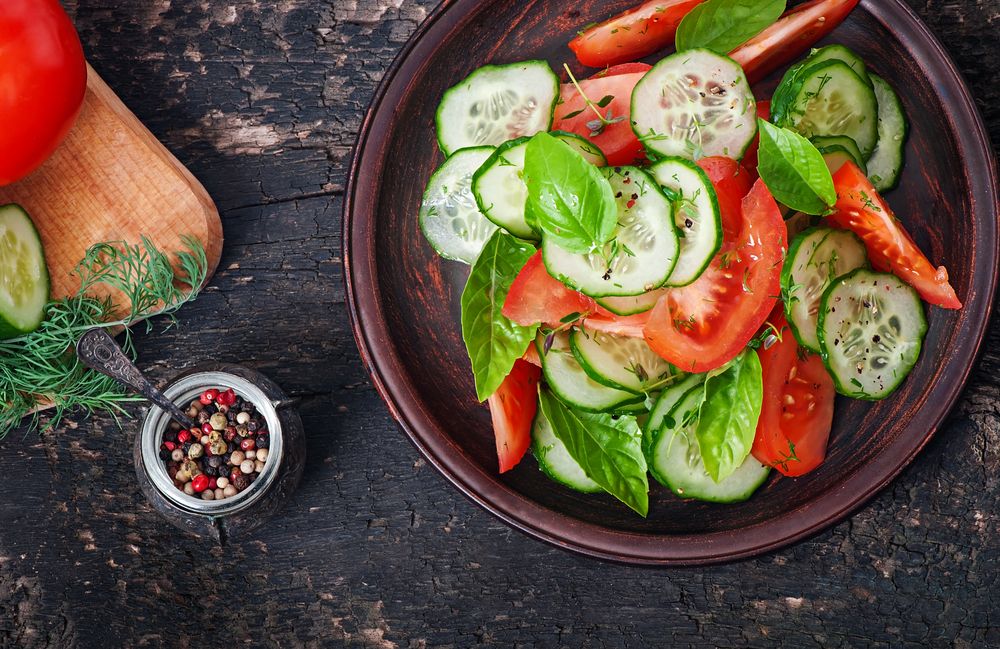Throughout your life, from childhood advice from your parents to tips from health influencers on social media, the importance of eating vegetables has been a consistent message. The reasons are clear: vegetables are packed with essential nutrients vital for overall health. They provide fiber for healthy digestion, various vitamins and minerals for disease prevention, heart health, and hydration. One less-talked-about benefit of consuming vegetables is their role in weight loss. To delve deeper into how daily servings of veggies can aid in weight loss, we consulted Trista Best, RD, a registered dietitian with Balance One Supplements, who highlighted the 10 best low-carb vegetables for this purpose.
The secret to these low-carb vegetables' effectiveness in weight loss lies in their nutrient density. They are rich in fiber and low in calories, which, as research indicates, helps keep you satiated for longer periods, thus preventing overeating and excessive calorie consumption. So, when you're making a salad or stir-fry next, remember that you're not only fueling your body with essential vitamins and minerals but also aiding your weight loss efforts with these nutrient-rich veggies.
1) Spinach
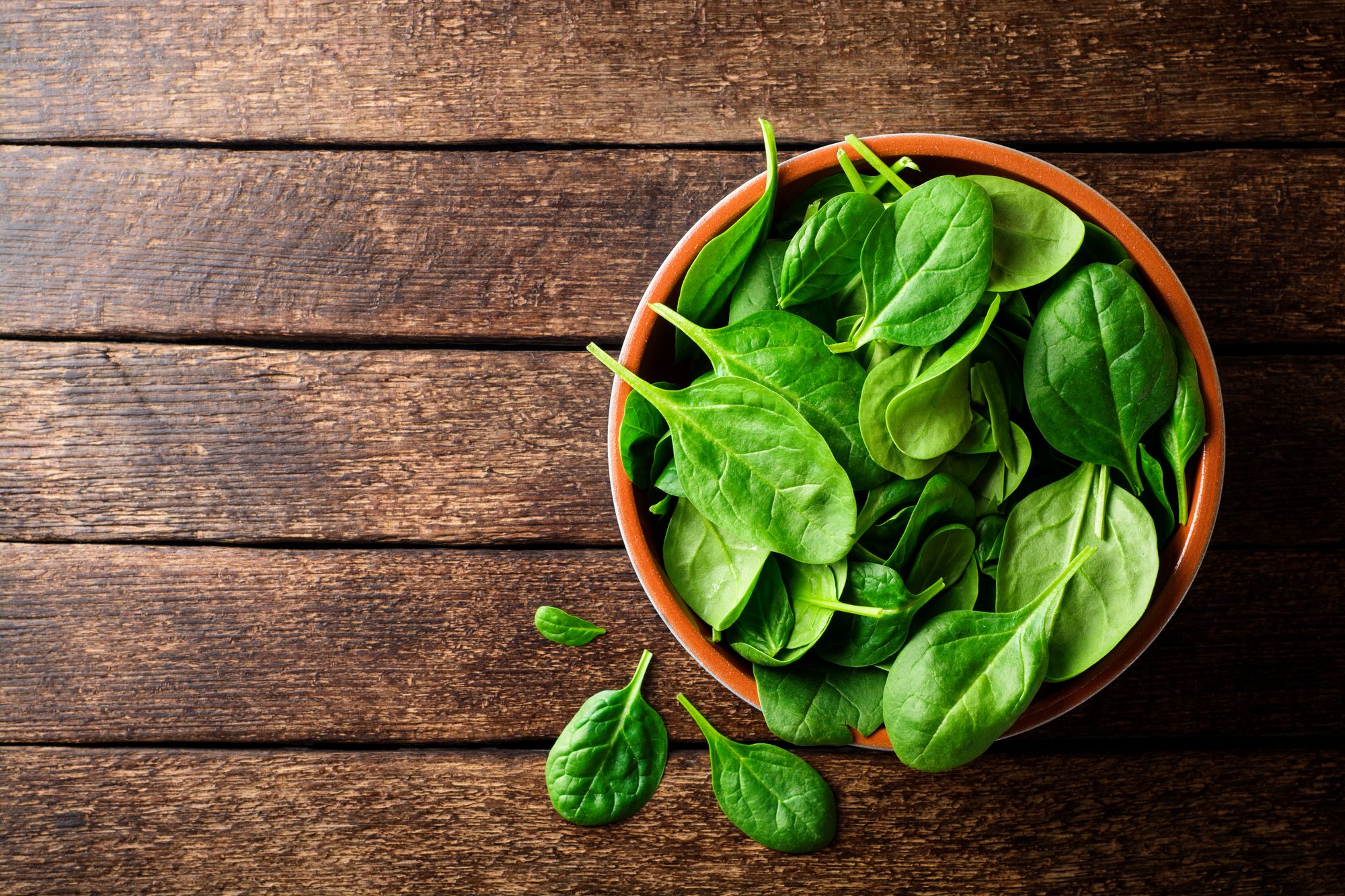
Spinach not only boasts low carb and calorie content (with just 27 calories per 100-gram serving) but is also abundant in vitamins A and K, enhancing bone and skin health. Furthermore, it's a great source of non-heme iron, essential for maintaining energy levels.
This leafy green is incredibly versatile - it can be sautéed, tossed into salads, or blended into smoothies. As Best explains, "Spinach, low in both carbs and calories, is enriched with vitamins A and C, along with iron and calcium. Its versatility shines as it can be incorporated into salads, smoothies, or various cooked dishes, making it a flavorful addition with minimal carbs."
2) Broccoli
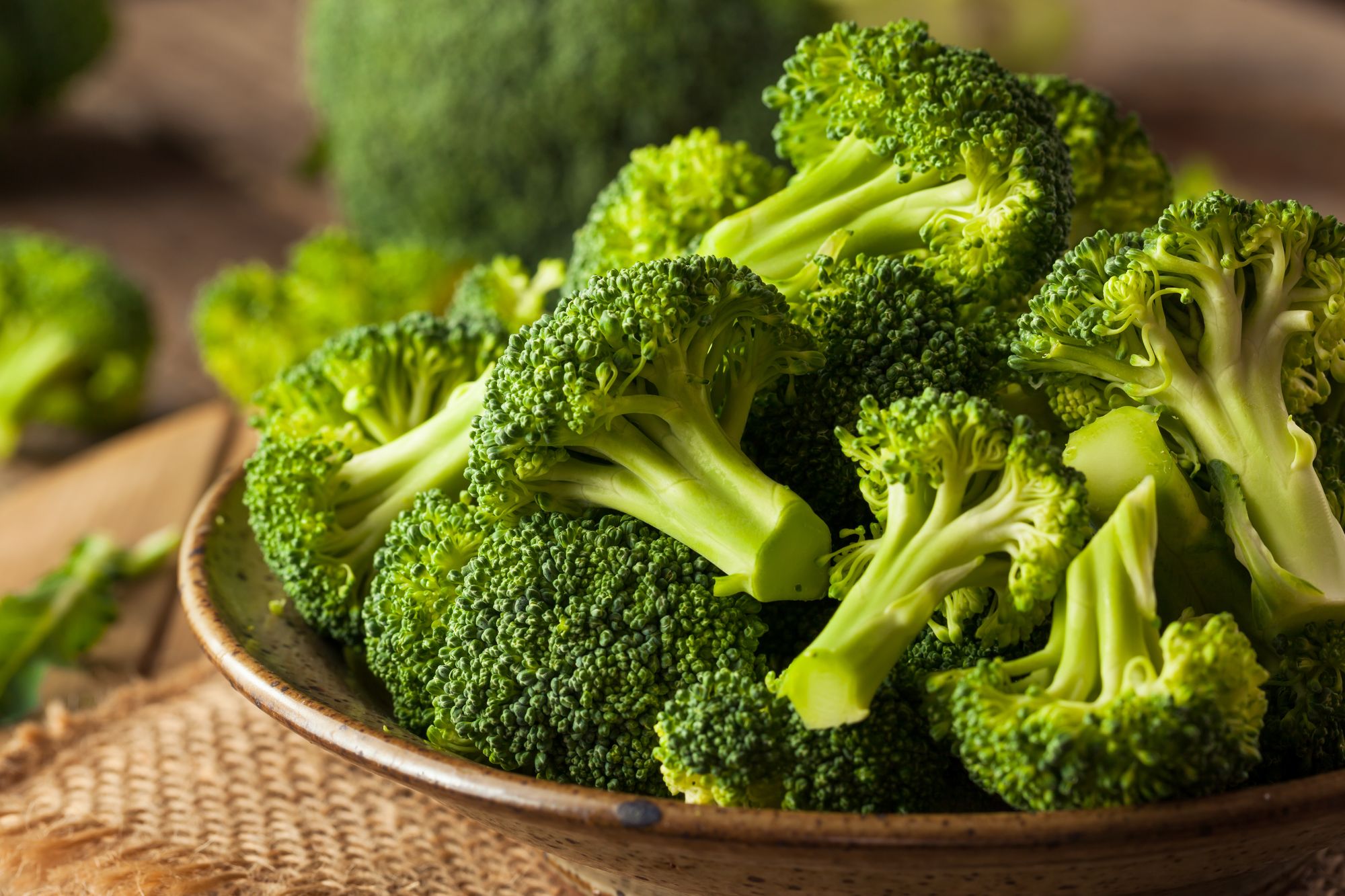
Broccoli stands out as a nutritional dynamo among cruciferous vegetables. It's loaded with fiber, vitamins C and K, and folate, all of which bolster immune function and may even play a role in reducing cancer risk. As Best points out, "Broccoli is not only low in carbs but also high in fiber and vitamins C and K. It contains compounds that offer numerous health benefits."
The adaptability of broccoli makes it an excellent choice for a variety of dishes. It can enhance stir-fries and roasted meals or be eaten raw as a crispy, nutritious snack.
3) Cauliflower
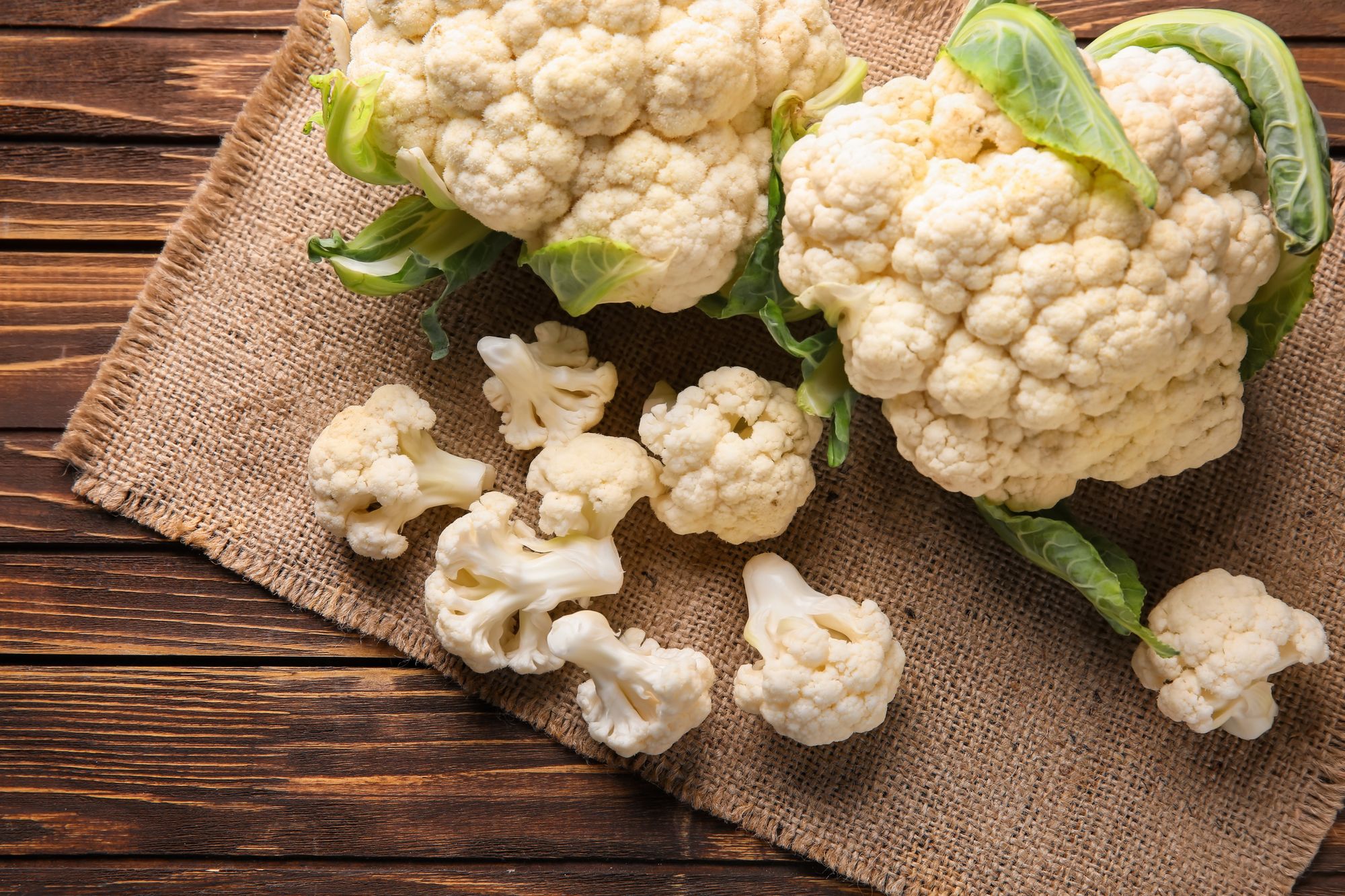
Cauliflower is yet another delicious and adaptable vegetable that's low in carbs, as best notes. It's an excellent source of vitamins C and K, contributing positively to your immune health. Its mild flavor and adaptable texture make cauliflower an ideal substitute for higher-carb ingredients such as rice or potatoes, offering a nutritious alternative without sacrificing taste or versatility.
4) Zucchini
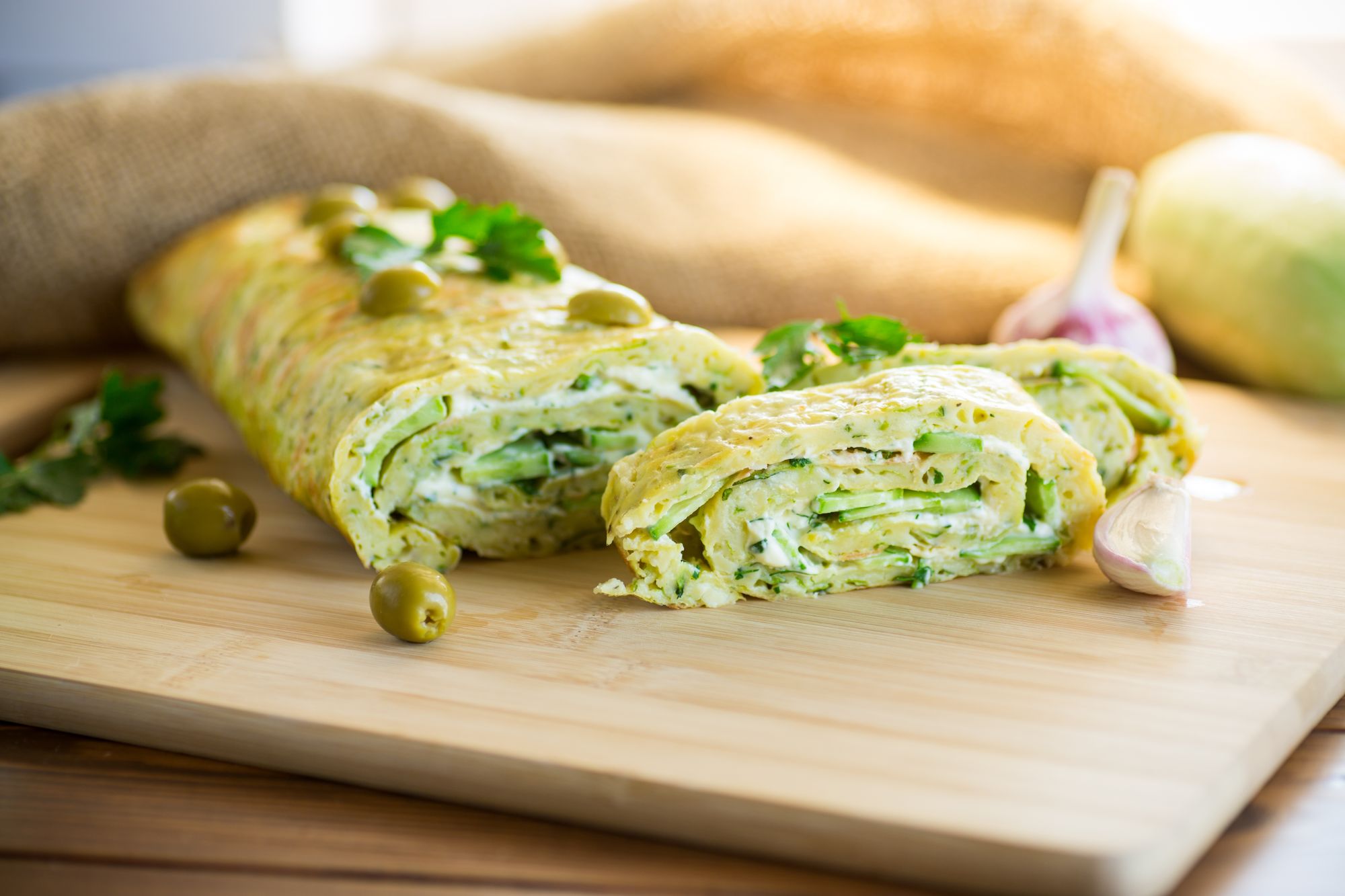
Zucchini, known for its high-water content, is a hydrating and nutritious squash variety. Its versatility allows it to be enjoyed in various forms - spiralized into noodle-like strands, baked into goods, or sautéed with a mix of herbs. Adding zucchini to your meals introduces a refreshing element to your weekly diet.
Best highlights its benefits, saying, "Zucchini, with its low carb and calorie profile, is an excellent choice for salads or can be transformed into spiralized noodles, offering a healthy, low-carb alternative to traditional pasta."
5) Asparagus
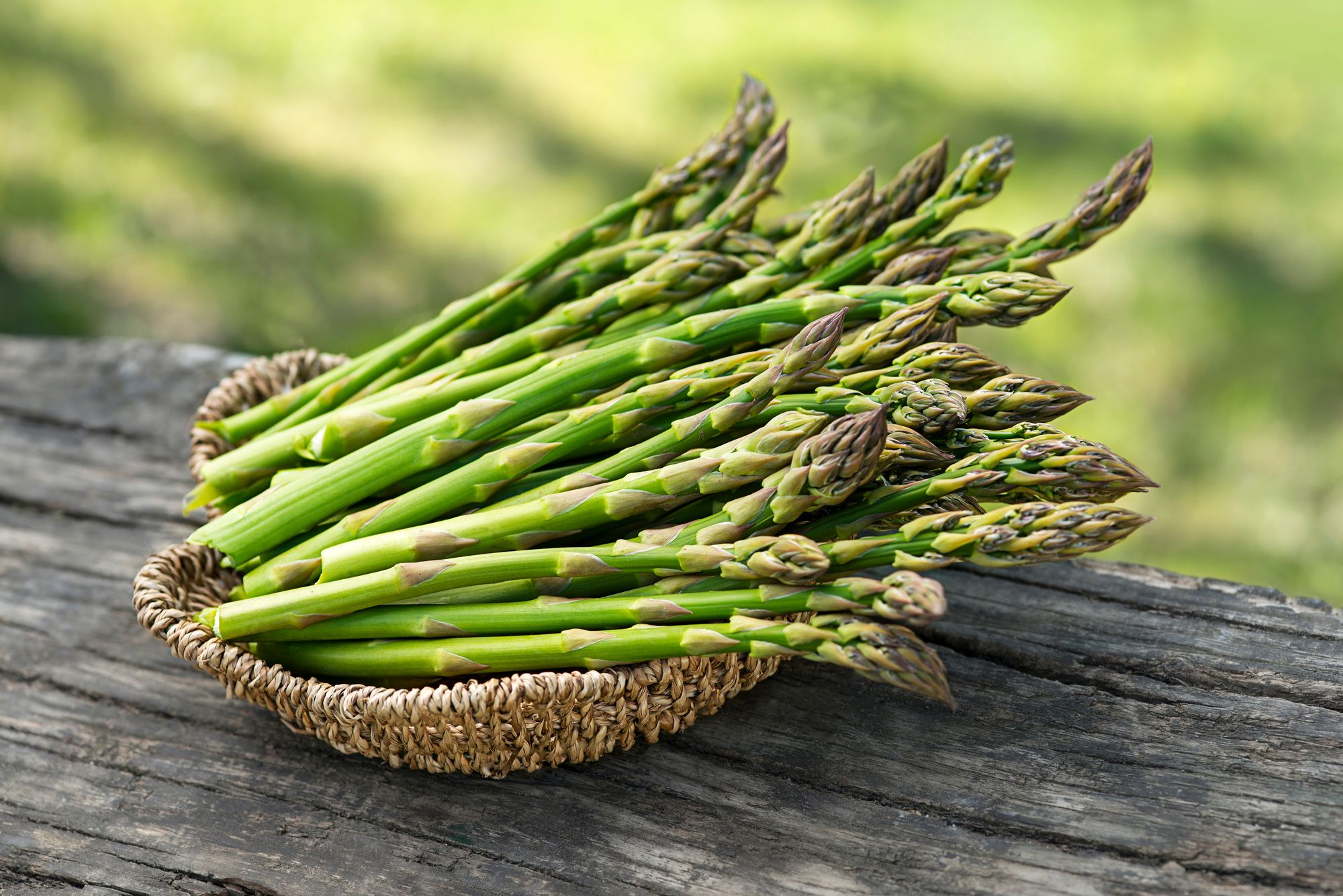
Asparagus is a low-carb gem, offering a generous dose of fiber, folate, vitamins A and K, and an array of antioxidants," elucidates Best. This nutrient-rich vegetable, characterized by its unique earthy taste and tender texture, is a nutritional powerhouse. With its wealth of vitamins, asparagus has the potential to bolster your immune system. Furthermore, it boasts potassium content, which research suggests can contribute to improved bone health.
Whether you choose to grill, roast, or sauté it, asparagus consistently delivers a delicious and low-carb side dish that complements a wide range of protein choices.
6) Bell Peppers
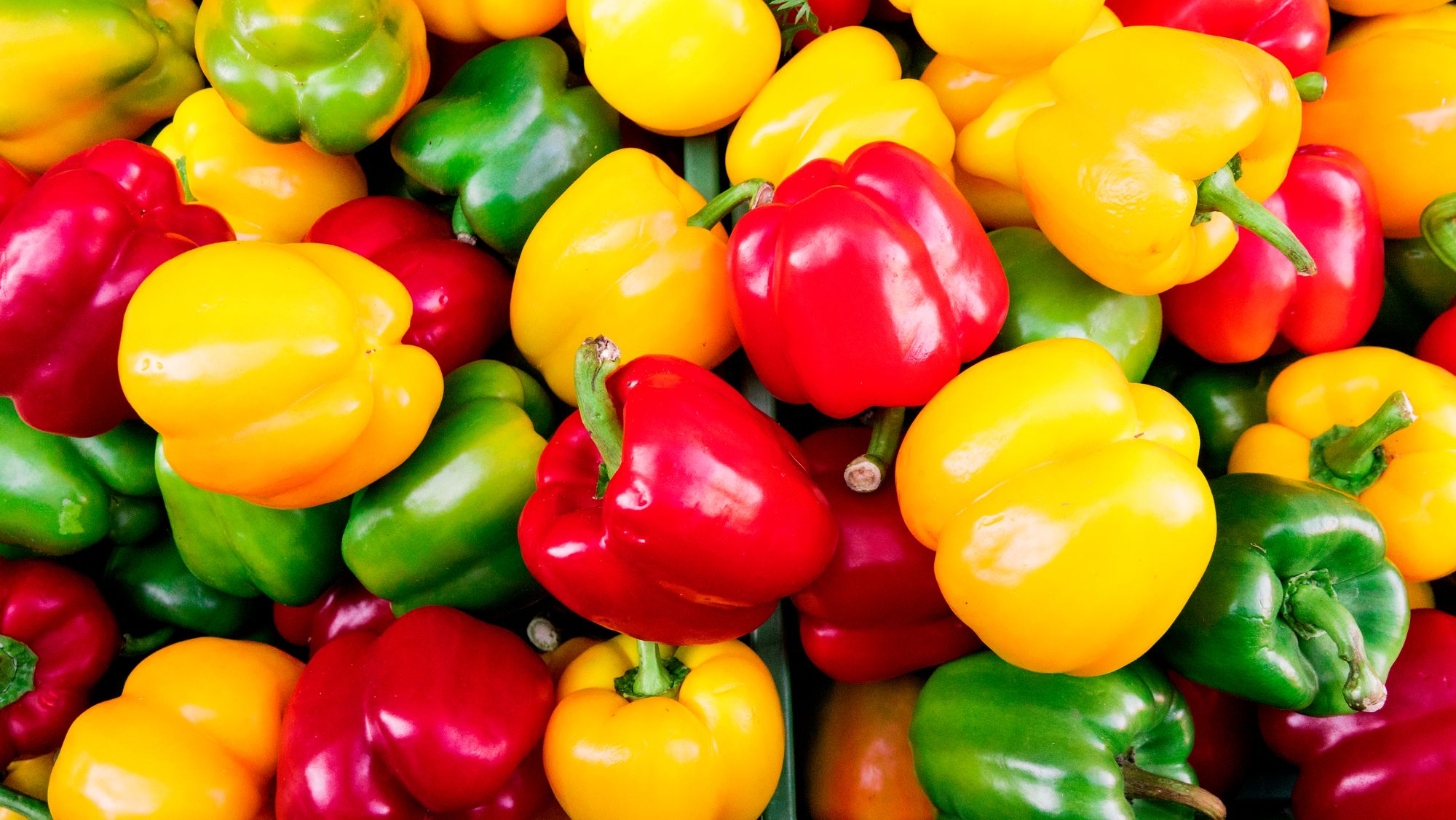
Bell peppers offer versatility when it comes to incorporating them into your low-carb diet. Whether you enjoy them sliced as a crunchy snack, tossed into salads, or used as a vessel for lean proteins in dishes like healthy stuffed peppers, these vegetables bring a delightful dimension to your meals.
Best elaborates, saying, "Bell peppers, particularly the vibrant varieties, are low in carbs and brimming with vitamin C. They contribute flavor and visual appeal to dishes without significantly increasing calorie content."
7) Cabbage
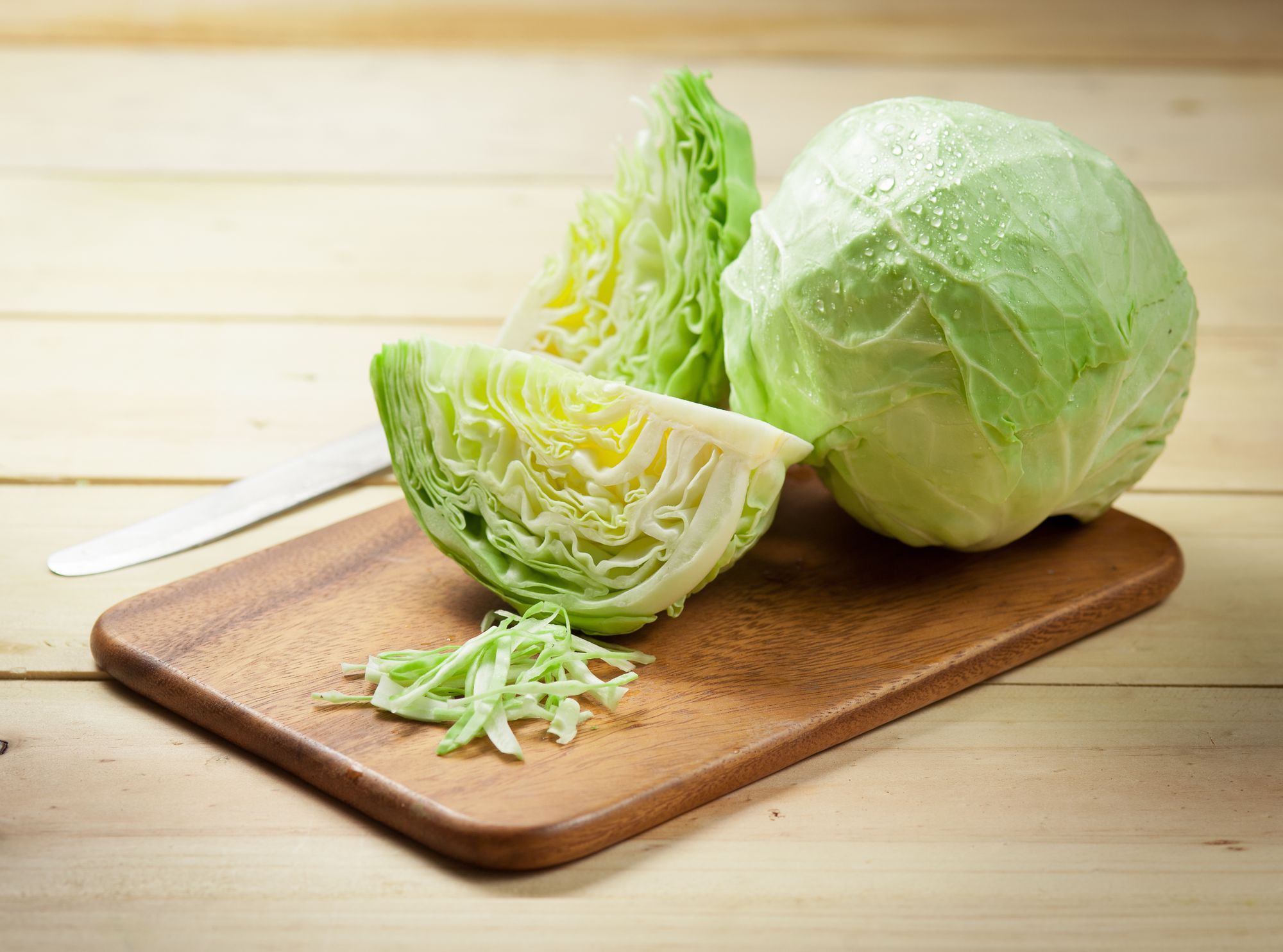
Cabbage, renowned for its abundant fiber content, promotes digestive well-being and lends a fulfilling aspect to numerous culinary creations. It can be employed to craft coleslaws, sautéed and integrated into rice bowls, or utilized as a wrap, presenting a low-carb, nutrient-rich alternative.
Best further highlights its merits, stating, "Cabbage boasts a low carb and calorie profile, while delivering fiber, vitamins C and K. It is adaptable for use in salads, stir-fries, or as a substitute for wraps."
8) Avocado
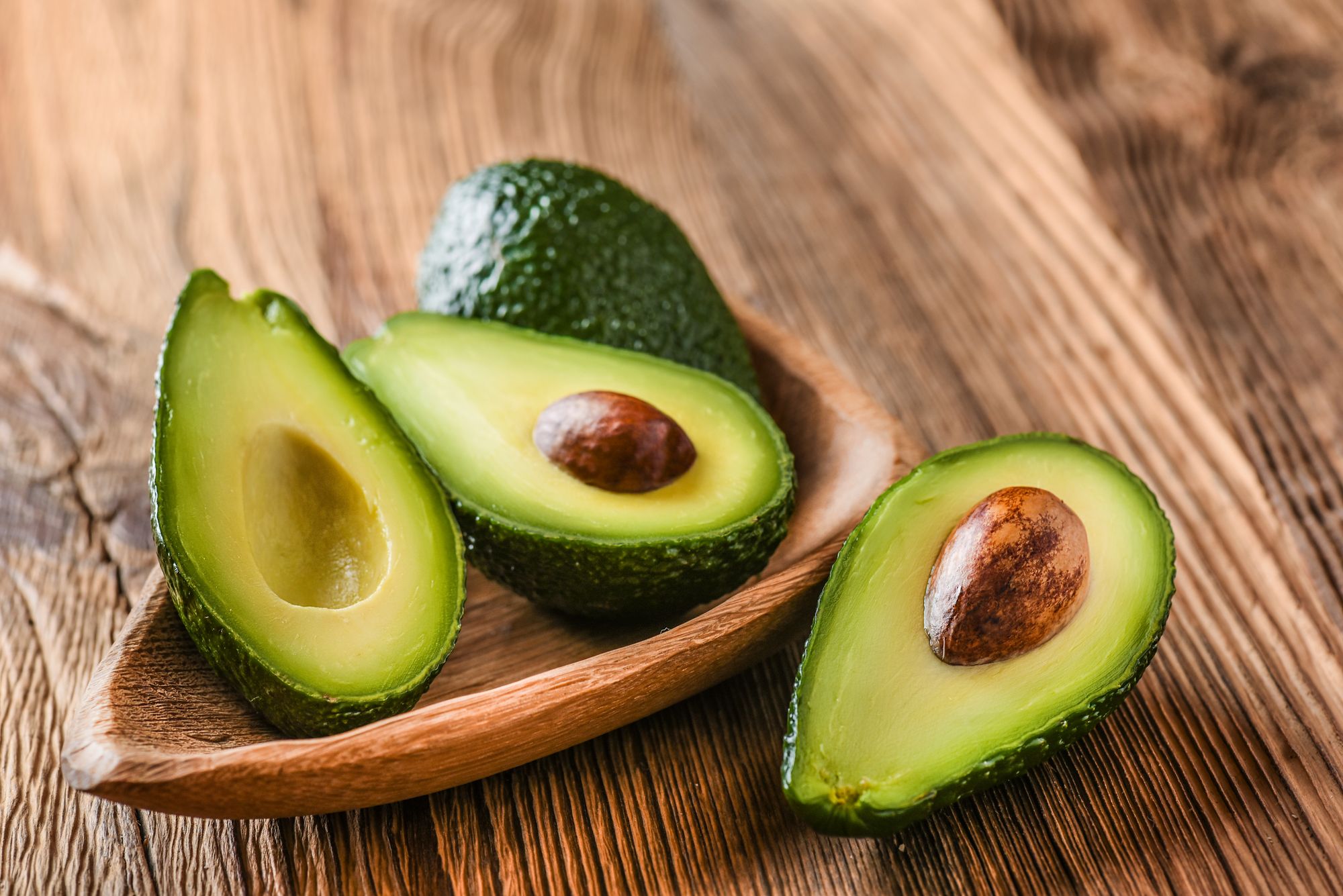
Avocados are widely recognized for their abundance of healthy fats, but they also serve as a superb low-carb choice, brimming with fiber and potassium. Furthermore, studies have established a connection between avocado consumption and reduced risk of weight gain, as well as heightened sensations of satiety.
"While avocados are classified as fruits, they boast a low carb content and are enriched with healthy fats. They contribute a creamy texture and offer substantial amounts of potassium, fiber, and essential vitamins," as elucidated by Best.
9) Kale
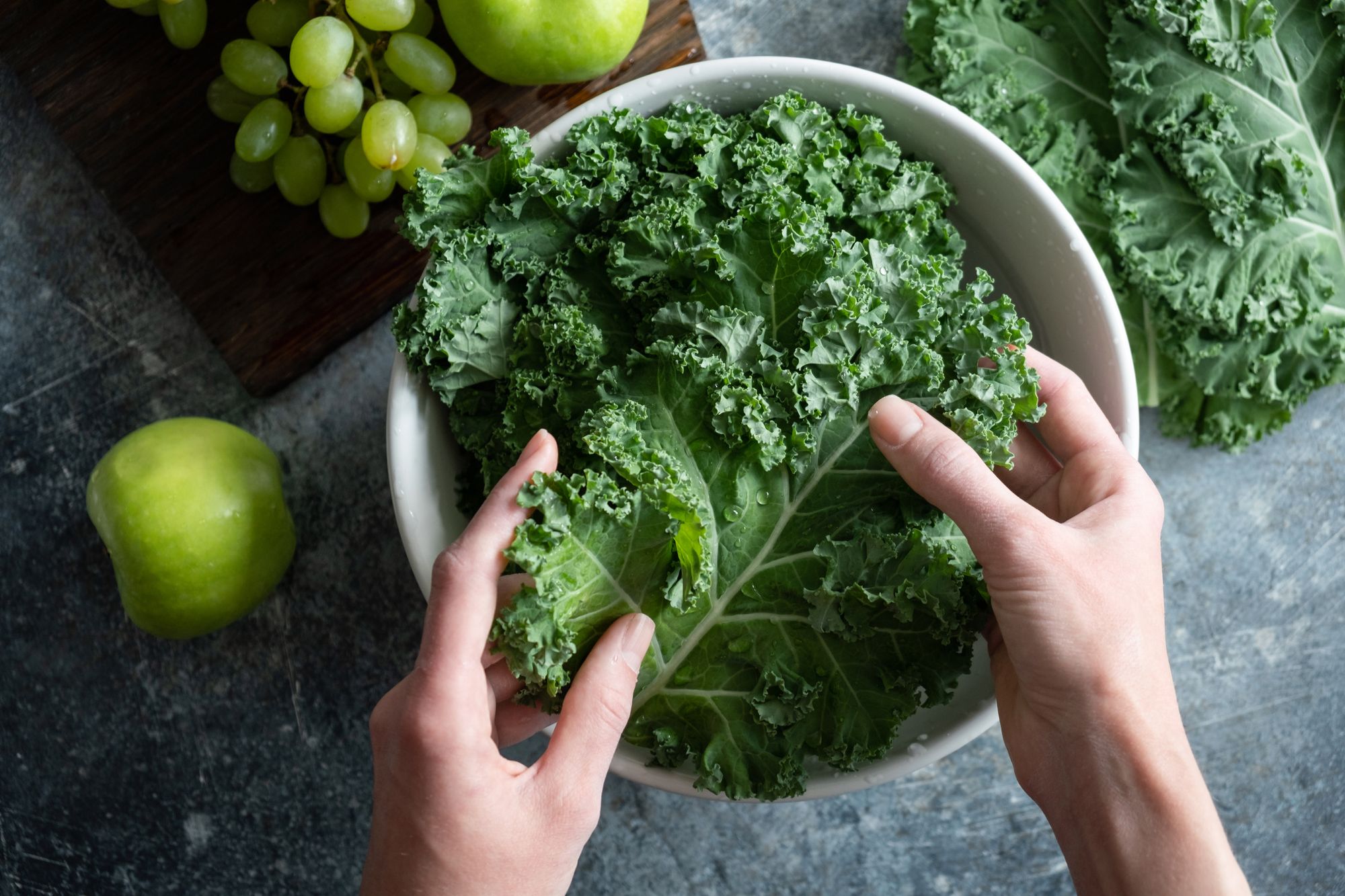
Kale, a leafy green vegetable, is replete with nutrients and health advantages. Its sturdy consistency renders it a superb foundation for salads and smoothies, and it can also be transformed into crispy kale chips, offering a delightful crunch.
"Kale is a leafy green with an impressive nutrient profile, characterized by low carbohydrate content and high levels of vitamins A, C, and K. Additionally, it serves as a notable source of antioxidants," emphasizes Best.
10) Brussels Sprouts
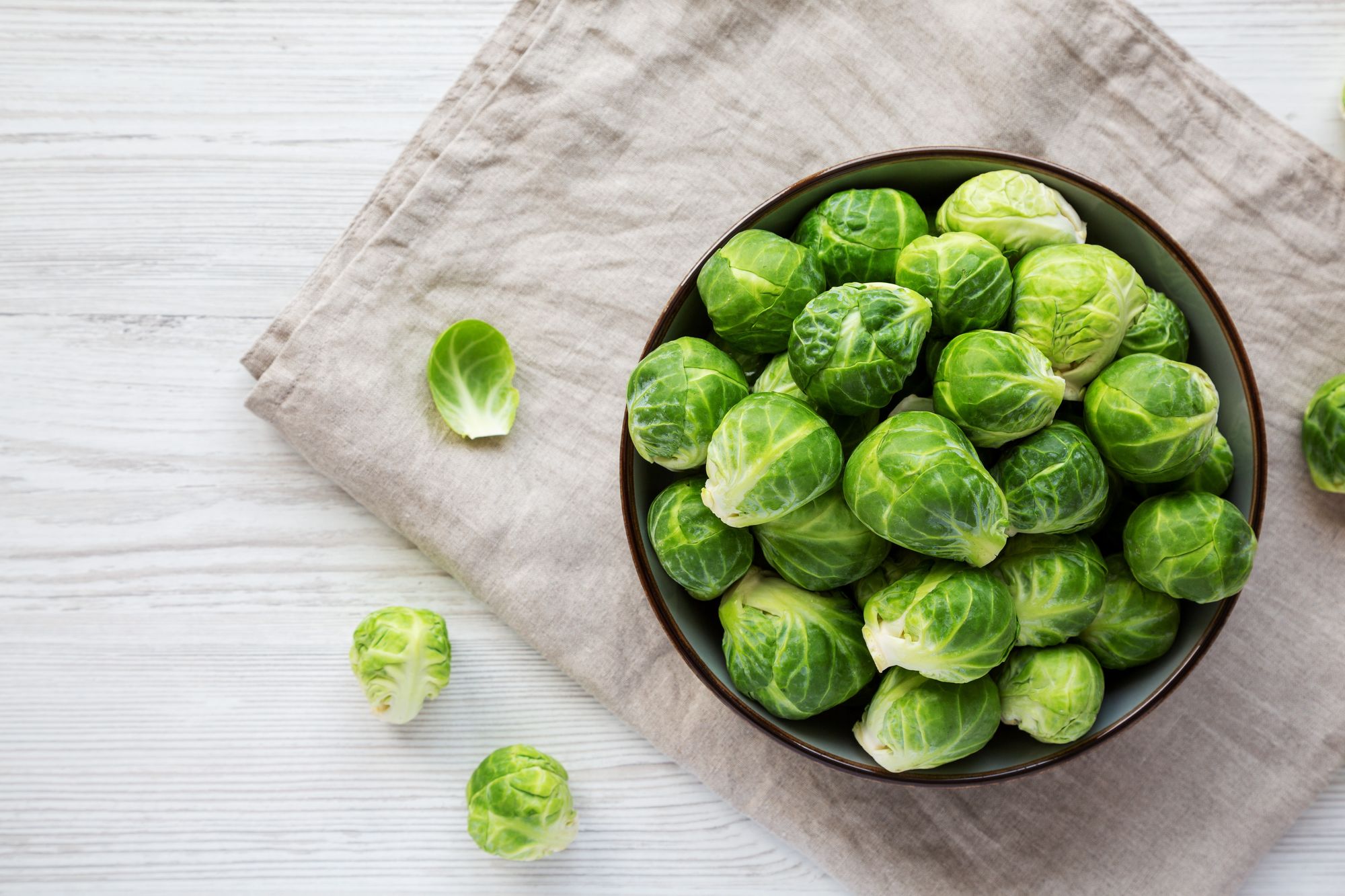
Brussels sprouts, another cruciferous vegetable with a low-carb profile, are lauded by Best for their nutritional value. She explains, "Brussels sprouts are low in carbs and high in fiber, vitamins C and K, and antioxidants." Regardless of whether you prefer them roasted, sautéed, or thinly sliced into salads, Brussels sprouts contribute a hearty flavor and wholesome content to your dishes.

